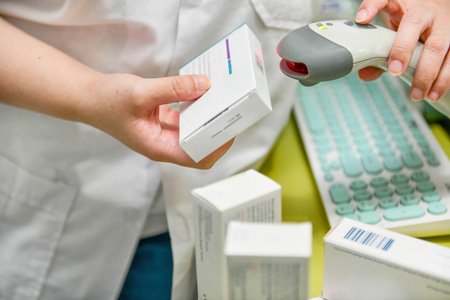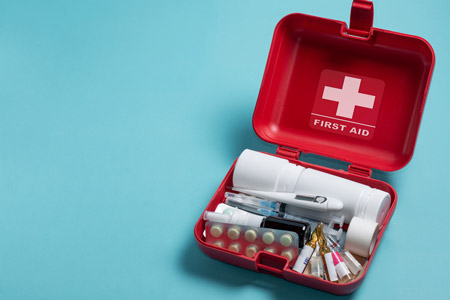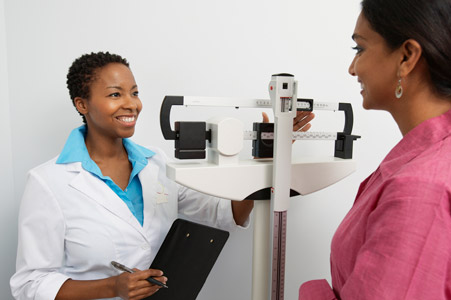


The Importance of Blood Tests
Blood tests are often a routine part of a visit to the doctor’s office. Blood is drawn to screen for a variety of diseases as well as checking your body’s overall health. Here are some common blood tests you might get during a check up.
Complete Blood Count (CBC)
The CBC is one of the most basic blood tests and provides information about different components of the blood. It measures the number of red blood cells (RBCs), white blood cells (WBCs), and platelets in the blood.
Basic Metabolic Panel (BMP) or Comprehensive Metabolic Panel (CMP)
These blood tests help assess kidney and liver function and look at electrolytes. When your blood is drawn for a BMP or CMP they will check for the following things:
- Blood Glucose: This test measures the amount of sugar (glucose) in the blood. It is used to diagnose and manage diabetes.
- Electrolytes: This test takes measurements of sodium, potassium, chloride, and bicarbonate levels, which are crucial for maintaining proper bodily functions.
- Blood Urea Nitrogen (BUN) and Creatinine: To test how well your kidney functions, measurements of blood urea nitrogen and creatinine levels are taken.
- Liver Enzymes: Tests like alanine aminotransferase (ALT) and aspartate aminotransferase (AST) assess how well your liver is working.
Lipid Panel
A lipid panel evaluates cholesterol levels and other fats in the blood. Healthcare providers use this information to assess your cardiovascular health. The lipid panel includes:
- Total Cholesterol: The sum of all types of cholesterol in the blood.
- High-Density Lipoprotein (HDL) Cholesterol: Often referred to as "good" cholesterol because it helps remove excess cholesterol from arteries.
- Low-Density Lipoprotein (LDL) Cholesterol: Known as "bad" cholesterol because high levels can lead to plaque buildup in arteries.
- Triglycerides: A type of fat stored in the body for energy.
Thyroid Function Tests
A blood test can help determine if your thyroid is over or underactive. The test looks at the hormones the thyroid produces. Thyroid-stimulating Hormone (TSH) regulates the thyroid hormone production. Free T3 (Triiodothyronine) and free T4 (Thyroxine) measures the active thyroid hormones in the blood.
Coagulation Profile
A coagulation profile evaluates how well your blood clots. This is important as some diseases and medications affect your blood’s ability to clot. Prothrombin Time (PT) and International Normalized Ratio (INR) measures the time it takes for blood to clot. Partial Thromboplastin Time (PTT) assesses the clotting function of the intrinsic pathway.
Blood Type and Rh Factor
Knowing your blood type is important during pregnancy. If the unborn baby’s blood contains Rh factor and the mother’s does not, complications may occur. It is also vital to know your blood type before a blood transfusion.
Iron Studies
This is a blood test to check the level of iron - including serum iron, total iron-binding capacity (TIBC), and ferritin- are used to diagnose anemia and other iron-related disorders.



.jpg)
.jpg)
.jpg)


















.jpg)





















.jpg)

















.jpg)


























.jpg)
.jpg)
.jpg)








